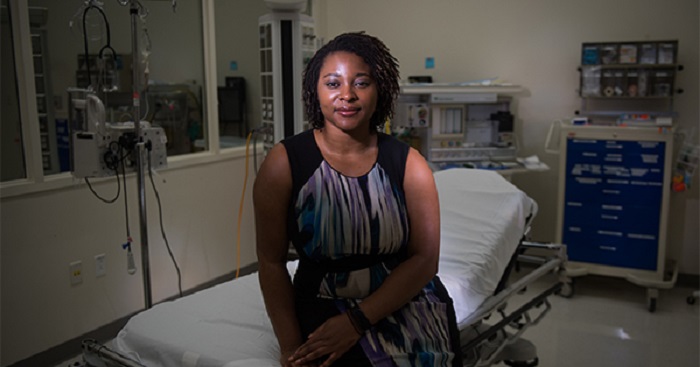Black Maternal Mortality Rates Climb as Experts Call for Culturally Aware Care
AUGUSTA, Ga. – While maternal mortality rates saw a decline across most racial and ethnic groups in 2023, one alarming exception stands out: Black women. According to the Centers for Disease Control and Prevention (CDC), Black women remain three times more likely to die from pregnancy-related complications than white women. In fact, the CDC reported an increase in maternal deaths among Black women, rising to 50 deaths per 100,000 live births.
Dr. Donna Adams-Pickett, an OB/GYN and owner of Augusta Women’s Health and Wellness Center, is calling for a deeper investigation into this persistent and growing disparity.
“There is definitely a discrepancy there,” Adams-Pickett said. “We need to understand why this disparity exists, but more importantly, we need to be aware of it so we can individualize care.”
The increase in mortality rates among Black women has sparked concern among health professionals who point to systemic biases, lack of cultural competency, and inadequate access to quality care as contributing factors. Adams-Pickett emphasizes that while the numbers are troubling, they should not lead to fear or resignation.
“Your clinician can truly help you if you’re willing to be open with them,” she said. “And for my partners in medicine, you have to be open to those certain cultural nuances.”
She explained that understanding cultural differences is key in patient care. For example, a patient who appears calm or stoic while describing pain should not be underestimated. In some cultures, emotional restraint in difficult situations is a norm—not a sign of low pain levels. Providers who fail to recognize these nuances may unintentionally dismiss or delay critical interventions.
Adams-Pickett believes that education is one of the strongest tools in reversing the trend. Not only does she advocate for educating patients and communities, but also for more in-depth training among medical professionals.
“It’s very important that our providers don’t walk in with the lens that we have to treat everyone the exact same way,” she said. “There are nuances in our ethnicities that merit different approaches. We’re going to need certain interventions sooner, more frequently, with a little more intensity than others.”
Health equity advocates echo her concerns, pointing to the need for increased representation of Black healthcare professionals, greater community-based maternal care, and policies that prioritize racial justice in healthcare systems.
For now, Adams-Pickett urges both patients and providers to stay engaged, aware, and proactive.
“The only way we can improve outcomes is by being exposed to different cultures and learning from them,” she said.
As the nation continues to grapple with racial disparities in health outcomes, the rising maternal mortality rate among Black women serves as a stark reminder: equality in care requires more than access—it demands understanding.












